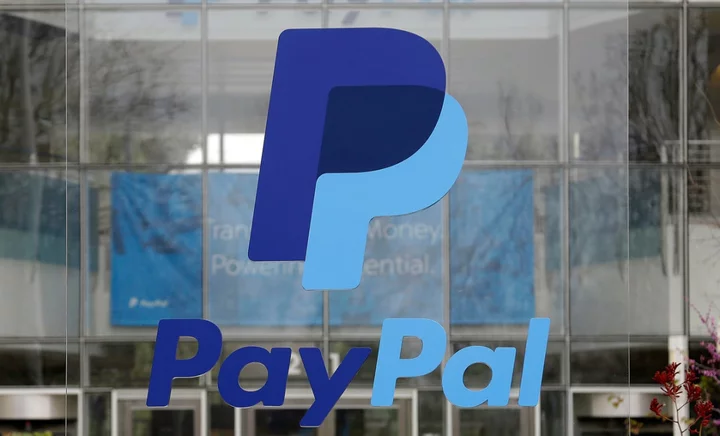
PayPal launches dollar-backed cryptocurrency
PayPal has launched a new cryptocurrency that is tied to and backed by the US dollar. PayPal USD, issued by Paxos Trust Company, is a type of digital currency called a stablecoin, which differs to other cryptocurrencies like bitcoin as their values are tied to traditional fiat currencies like dollars, pounds or euros. “The shift toward digital currencies requires a stable instrument that is both digitally native and easily connected to fiat currency like the US dollar,” said PayPal chief executive Dan Schulman. “Our commitment to responsible innovation and compliance, and our track record delivering new experiences to our customers, provides the foundation necessary to contribute to the growth of digital payments through PayPal USD.” The new crypto token will roll out first to US PayPal customers, offering the ability to send and transfer PayPal USD to other people, as well as fund purchases when checking out at online stores. The new cryptocurrency comes at a time of increased scrutiny at the crypto industry, with regulators looking to avoid a repeat of the TerraUSD stablecoin collapse that wiped tens of billions of dollars from markets in 2022. The TerraUSD token was also pegged to the US dollar, however unlike PayPal USD it was not backed up by any dollar reserves. Instead, it used a partner cryptocurrency to maintain its value algorithmically, which ultimately caused both cryptocurrencies to crash in tandem. Other companies have also attempted to launch stablecoins, including Facebook’s Libra project, which was shut down last year after facing push back from regulators. The US House Financial Services Committee has since advanced a bill aiming to set up a federal framework for stablecoins in order to integrate them into modern payment systems. “We are currently at a crossroads to keep America at the forefront of digital asset innovation,” US Representative Patrick McHenry, who chairs the committee, said in a statement following PayPal’s announcement. “Congress is making significant, bipartisan progress on legislation to ensure the US leads the financial system of the future.” Read More What is Elon Musk’s ‘everything app’ X? Kenya suspends eyeball-scanning crypto worldcoin
2023-08-08 19:54

Scientists make disturbing discovery at the bottom of Belize's Giant Blue Hole
The ocean is home to all manner of mysteries, from “alien” shape-shifters to ancient shipwrecks. And so, when Richard Branson and a team of scientists took a submersible down to the bottom of Belize’s iconic Giant Blue Hole, they were braced for some truly extraordinary sights. The Blue Hole is the largest sinkhole in the world, measuring 300m (984 feet) across and around 125m (410 feet) deep but, until Branson’s expedition in 2018 its depths had not been fully explored. The British billionaire was joined on his groundbreaking journey by Fabien Cousteau – the grandson of pioneering underwater explorer Jacques Cousteau – and oceanographer Erika Bergman. Sign up for our free Indy100 weekly newsletter Their mission was to create a 3D map of the hole’s interior but, when they reached the bottom, they were met by some disturbing discoveries. To be fair, they got off to a good start. The first thing they encountered as they edged down the hole was a wall of giant stalactites, which were “breathtakingly beautiful,” according to Branson. Then, at around 300 feet, they pierced a thick layer of toxic hydrogen sulphide, plunging them into darkness and cutting out the oxygen from the water around them. In an interview with CNN, Bergman explained that once you pierce that layer, which forms naturally over centuries, “you lose all of that Caribbean sunlight and it just turns completely black.” Elsewhere, Branson described it as “extremely eerie,” saying: “We didn’t expect to see any creatures below. But when we got to the bottom we could see crabs, conches and other creatures that had fallen into the hole, arrived on the bottom and then ran out of oxygen and died.” As the team continued to travel further down into the abyss, they were faced with the remains of a tragedy. In an interview with Business Insider back in July 2020, Bergman revealed that they found the bodies of two people who have “been lost in the Blue Hole”. “We found the resting place of a couple [of] folks,” she said. “And we just sort of very respectfully let the Belize government know where we found them.” She added that “everyone decided that we would just not attempt any recovery”, noting: “It's very dark and peaceful down there, [so we] just kind of let them stay.” As they reached the bottom, the team found something else unexpected, and very much unwelcome: human rubbish. It came in the form of a 2-litre Coke bottle and a lost GoPro containing some holiday snaps, according to Business Insider. “As for the mythical monsters of the deep? Well, the real monsters facing the ocean are climate change – and plastic,” Branson lamented following the discovery. “Sadly, we saw plastic bottles at the bottom of the hole, which is a real scourge of the ocean.” The business magnate said the expedition had offered “one of the starkest reminders of the danger of climate change [he had] ever seen.” He pointed out: “The Blue Hole is made of a complex system of caves that once formed on dry land. It is proof of how oceans can rise quickly and catastrophically. “Sea levels were once hundreds of feet lower. 10,000 years ago the sea level rose by about 300 feet when a lot of ice melted around the world. At 300 feet down you could see the change in the rock where it used to be land and turned into sea.” He added in his blog: “Hopefully by this trip taking place we have raised even more awareness of the need to protect the ocean and tackle climate change now – before it is too late.” He stressed that he didn’t want his grandchildren to “grow up in a world without corals, without the wonders of the ocean”. Have your say in our news democracy. Click the upvote icon at the top of the page to help raise this article through the indy100 rankings.
2023-08-08 17:17
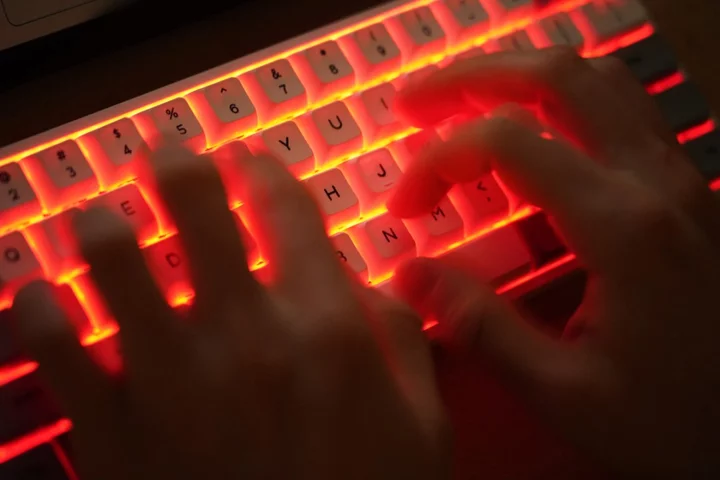
AI-driven cyberattack can now steal your passwords with near 100 per cent accuracy, study warns
Scientists have discovered a new AI-driven hacking method that guesses passwords with over 90 per cent accuracy by listening to what people type on their keyboard. The cyberattack works by using AI to learn and recognise the sound profile of different keys on a keyboard, according to the yet-to-be peer-reviewed research, posted as a preprint in arXiv. Using a smartphone-integrated microphone listening for keystrokes on an Apple MacBook Pro, researchers, including Joshua Harrison from Durham University in the UK, could reproduce the exact keys with 95 per cent accuracy. Scientists also tested the accuracy of the AI system during a Zoom call, recording the keystrokes using the laptop’s microphone during a meeting. In this approach, the AI model was found to 93 per cent accurate in reproducing the keystrokes and in another test using Skype, the model was found to be about 92 per cent accurate. Researchers say the new cyberattack method is facilitated by advancements over the last decade in the number of microphones within acoustic range of keyboards. The model works by recognising the unique patterns with which users press keys on their keyboard, including the sound, the intensity and time of each keystroke. Researchers used a MacBook Pro to test the concept, helping the system recognise patterns first by pressing 36 individual keys 25 times a piece. They used an iPhone 13 mini, kept 17 cm away from the keyboard, to record the keystroke audio for their first test. They then recorded the laptop keys over Zoom, using the MacBook’s built-in microphones. This new technique using the trio of AI, microphones, and video calls “present a greater threat to keyboards than ever,” scientists warn in the study. “When trained on keystrokes recorded by a nearby phone, the classifier achieved an accuracy of 95 per cent, the highest accuracy seen without the use of a language model,” scientists write in the study. However, scientists say the AI system does not easily work the same way for every keyboard. They say the AI model must be trained separately for each keyboard, providing additional references to understand what character each keystroke corresponds to. The study says people can mitigate these kinds of attacks if they change their typing style. Scientists found that touch typing reduced the keystroke recognition accuracy from between 64 per cent to 40 per cent. They also recommend the use of randomised passwords featuring multiple cases as means of defence against such attacks. Since large language models such as ChatGPT are able to predict succeeding characters to complete words, scientists say passwords containing full words may be at greater risk. Randomly generated fake keystrokes to transmitted audio was also found to reduce the risk of such password theft. Using biometric password like fingerprint or face scanning instead typed ones can also help mitigate risk of such cyber attacks, researchers say. Read More Hackers crack Tesla software to get free features Famed computer hacker Kevin Mitnick dies at age 59 Stolen ChatGPT accounts for sale on the dark web Nuclear fusion milestone achieved in huge boost for near-limitless clean energy Tesla’s ‘Master of Coin’ is stepping down after 13-year stint at EV company Now even Zoom tells staff: ‘Come back to the office’
2023-08-08 14:57
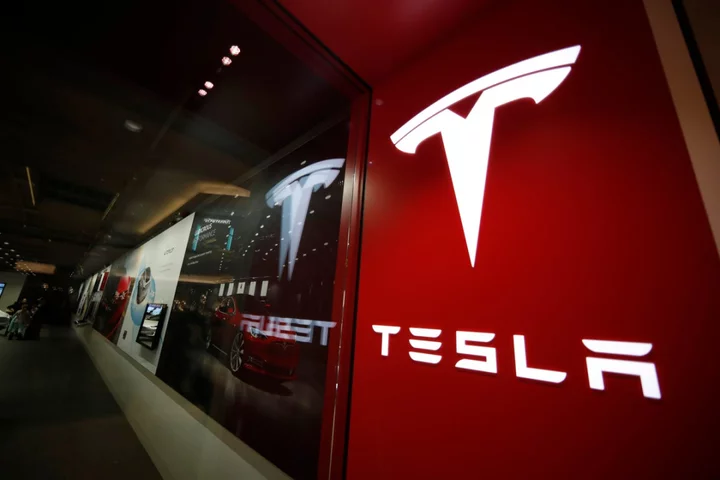
Tesla’s ‘Master of Coin’ is stepping down after 13-year stint at EV company
Tesla’s “Master of Coin” has stepped down after working at the Elon Musk-owned electric vehicle company for over 13 years. Zachary Kirkhorn became Tesla’s chief financial officer four and a half years ago in 2019, and was reportedly a potential successor to Mr Musk in running the EV company. The Tesla boss had dubbed him “Master of Coin” in 2021 – a reference to a title in hit TV series Game of Thrones. “During his tenure, Tesla has seen tremendous expansion and growth. Tesla thanks Mr Kirkhorn for his significant contributions,” Tesla noted in an SEC filing. Tesla’s current chief accounting officer, Vaibhav Taneja, will succeed Mr Kirkhorn, the electric automaker said on Monday. “This morning Tesla announced that I’ve stepped down from my role as Chief Financial Officer, succeeded by our Chief Accounting Officer, Vaibhav Taneja,” Mr Kirkhorn posted on his LinkedIn profile. “Being a part of this company is a special experience and I’m extremely proud of the work we’ve done together since I joined over 13 years ago,” he said. Mr Taneja previously worked as Tesla’s chief accounting officer up to March 2019, prior to which he worked as corporate controller from May 2018. It remains unclear what led to Mr Kirkhorn’s surprise decision to quit his role as Tesla’s CFO. Tesla recently announced its second quarter earnings, reporting a 20 per cent increase from the same quarter last year, better than what analysts estimated. Mr Kirkhorn’s departure also comes ahead of Tesla’s much-anticipated launch of its Cybertruck later this year. “As I shift my responsibilities to support this transition, I want to thank the talented, passionate, and hard-working employees at Tesla, who have accomplished things many thought not possible,” he said. Tesla shares dropped by about 3.5 per cent on Monday following the news, and continued to fall as the market opened. Mr Kirkhorn is expected to stay on till the end of 2023 to assist his successor with the transition. “I would like to thank Zach Kirkhorn for his many contributions to Tesla over the course of 13 often difficult years,” Mr Musk tweeted. Read More ‘It’s the factories that won’t be built’: Understanding the Brexit damage to economy Mark Zuckerberg’s wife not happy as he puts UFC octagon in garden ahead of Elon Musk fight Elon Musk ‘stopped Ukraine military using Starlink for military operation’ Zuckerberg says he is ‘ready today’ but ‘not holding breath’ for cage fight with Musk Musk pledges to fund legal bills of X users ‘unfairly treated’ by employers for posts Mark Zuckerberg reveals his 4,000 calorie diet and large McDonald’s order
2023-08-08 14:23
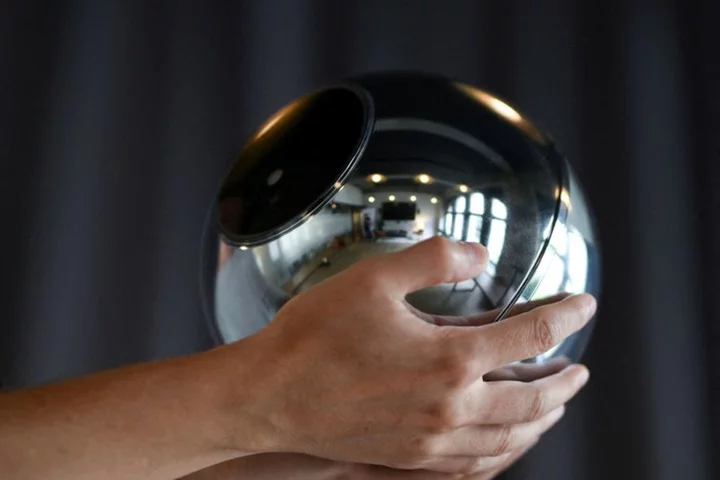
Cryptoverse: All eyes on ChatGPT-maker's Worldcoin
By Elizabeth Howcroft Worldcoin has no problem attracting eyeballs. More than 2.2 million people have signed up, getting
2023-08-08 13:24
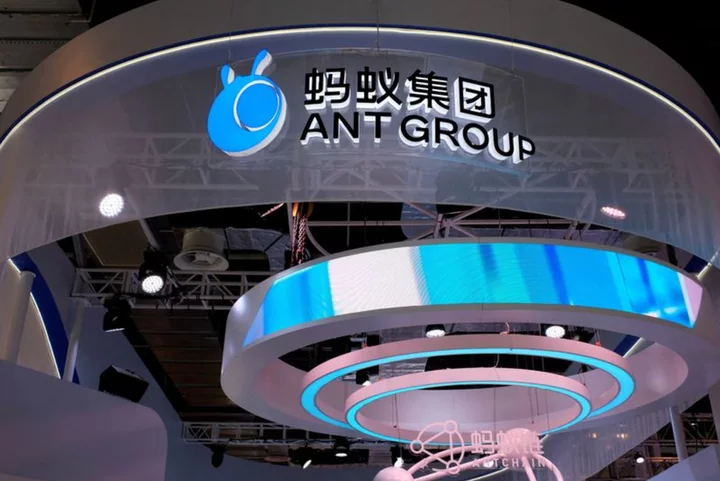
Global investors skip Ant’s buyback after valuation slumps 70% - Bloomberg News
(Removes repetition of CPPIB in paragraph 6) (Reuters) -A number of global investors are opting out of Ant Group's proposed
2023-08-08 11:58
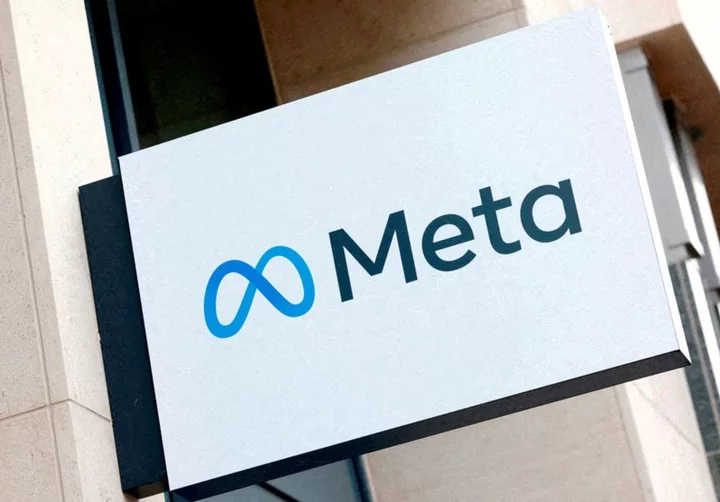
Norway fines Facebook owner Meta over privacy breaches
By Gwladys Fouche OSLO (Reuters) -Facebook and Instagram owner Meta Platforms will be fined 1 million Norwegian crowns ($98,500) per
2023-08-08 03:57
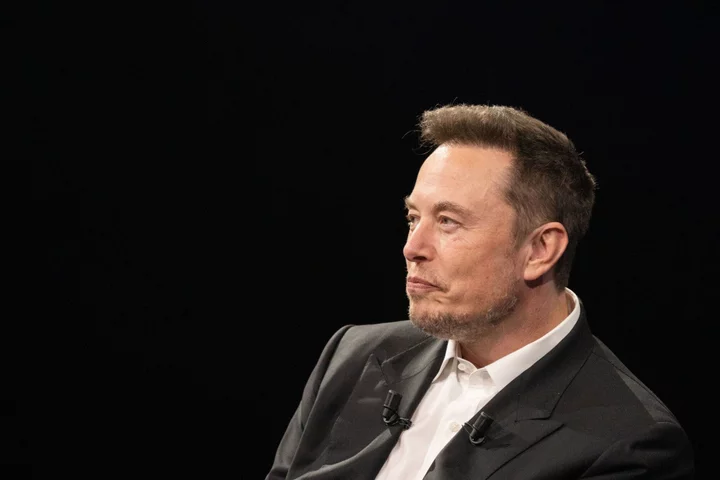
Elon Musk's Neuralink Raises $280 Million to Develop Brain Implants
Neuralink Corp., Elon Musk’s brain-implant company, has raised $280 million in new funding from investors to develop its
2023-08-08 02:46
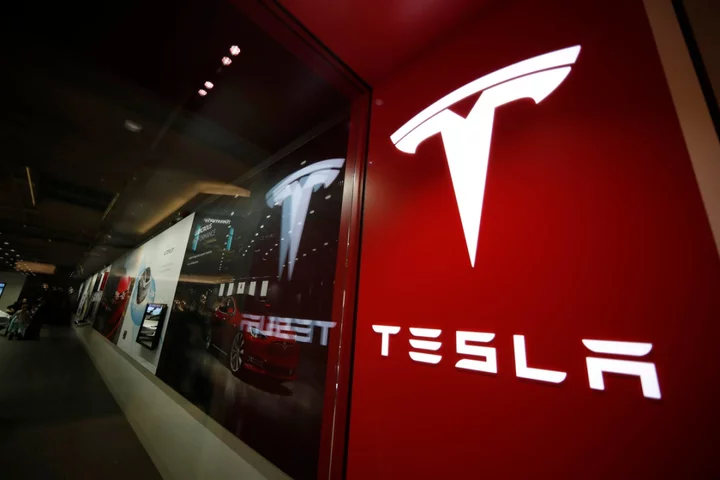
Hackers crack Tesla software to get free features
Hackers claim to have figured out how to unlock self-driving updates and other premium features on Tesla vehicles without paying for them. The group of researchers from TU Berlin who discovered the “jailbreak” claim that it is unpatchable, meaning the electric car maker will not be able to prevent people from exploiting the hack without replacing the actual hardware of the vehicles. “Tesla has been known for their advanced and well-integrated car computers, from serving mundane entertainment purposes to fully autonomous driving capabilities,” the researchers wrote in a briefing that detailed their discovery. “More recently, Tesla has started using this well-established platform to enable in-car purchases, not only for additional connectivity features but even for analogue features like faster acceleration of rear heated seats. “As a result, hacking the embedded car computer could allow users to unlock these features without paying.” The cyber attack targets Tesla’s Media Control Unit (MCU) infotainment system found on all recent models, using a technique known as voltage glitching to take advantage of a known flaw with the AMD processor in the MCU. The attack exposes personal information, such as contacts and appointments, however it requires physical access to the car in order to work. Premium features that Tesla blocks behind a paywall include Acceleration Boost, costing $2,000, and Full Self-Driving, which costs $15,000. Not all software upgrades were tested by the researchers, and it is not clear if the hack would unblock all of them. The exploit will be presented at the Black Hat cyber security conference in Las Vegas on Wednesday, 9 August, in a presentation titled ‘Jailbreaking an electric vehicle in 2023 or what it means to hotwire Tesla’s x86-based seat heater’. Tesla did not respond to a request for comment from The Independent. Read More Hacker reveals secret ‘Elon Mode’ in Tesla cars for full self-driving
2023-08-08 02:17
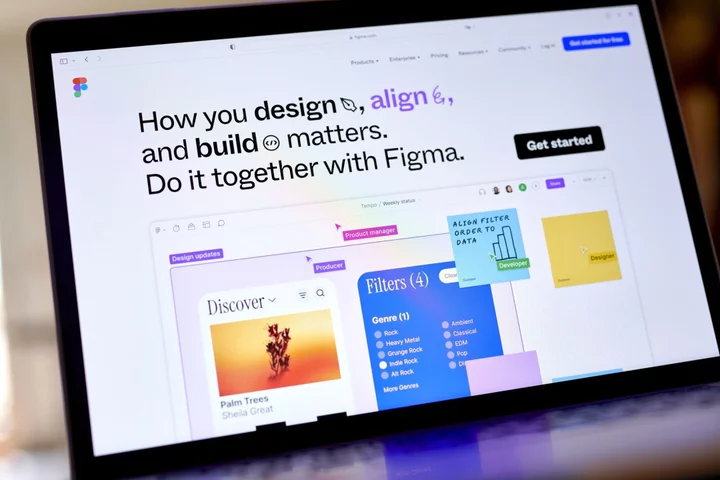
Adobe’s $20 Billion Figma Takeover Hit by In-Depth EU Probe
Adobe Inc.’s $20 billion takeover of Figma Inc. is set for an in-depth European Union investigation over concerns
2023-08-08 00:54

Google moves forward with plan to delete inactive accounts
Google is moving ahead with its plan to delete accounts that have been inactive for at least two years.
2023-08-08 00:49
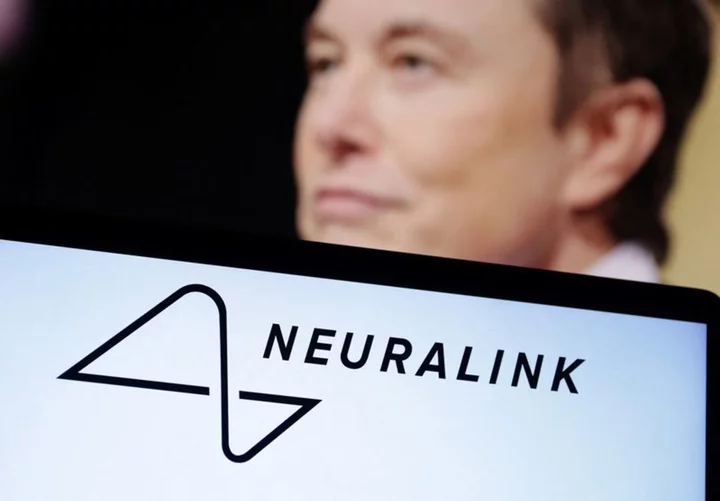
Musk's Neuralink raises $280 million in latest fundraise
(Reuters) -Elon Musk's brain chip startup Neuralink has raised $280 million in a funding round led by Peter Thiel's Founders
2023-08-08 00:21
